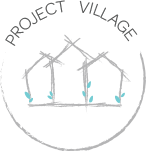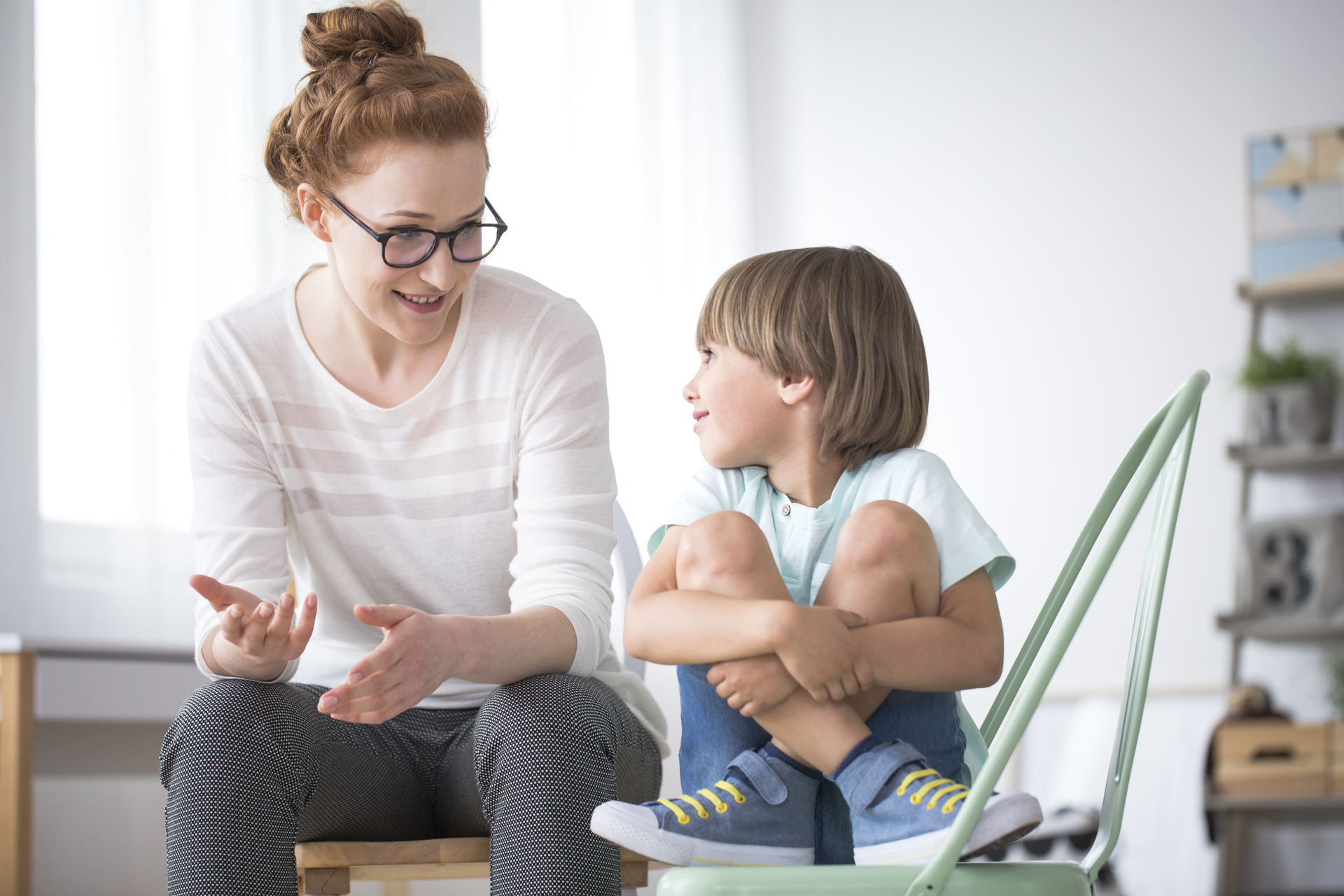As the COVID-19 vaccine starts to roll out, many parents and guardians are wondering what’s the best way to talk to their children about the impact of the coronavirus and what getting a vaccine means. Children might already be stressed out from changes in their routine, such as remote learning and social distancing restrictions, so it’s important to talk to your kids about the COVID-19 vaccine in a way that is reassuring.
How to Talk to Your Kids About the COVID-19 Vaccine?
Kids might already be worried about COVID-19 and not fully understand the impact of what having a vaccine rolling out really means.
Welcome Questions and Be Comfortable with “I Don’t Know.”
One way to keep your children calm and assuage some of their concerns is to be open and welcome their questions. Whatever the question is, take their worries seriously. Be sure your child knows that he or she is being heard and answered with fact-based information. If you’re not sure of an answer to one of their questions, answer with, “I don’t know.” Although you might want to try to reassure your child that everything will be better soon, try to refrain from doing so. It is an important lesson in teaching kids about coping with uncertainty and the value of looking to credible sources to find accurate information.
Be available
When having these conversations with your child about the COVID-19 vaccine, take your cues from them. Don’t volunteer too much information and risk overwhelming your child. Answer their questions honestly and clearly, and remember that it’s okay if you cannot answer everything. Your availability and calming presence is what matters the most. Tell your child that you will continue to keep them updated as you learn more, too.
Remind Them How They are Helping
In addition to welcoming questions about the pandemic and the COVID-19 vaccine, welcome your child’s feelings about their experience. Invite them to tell you what they’ve heard about news stories related to the pandemic and vaccine and how these make them feel. This way, you give them more opportunities to ask additional questions. If your child is feeling anxious, focus on what you’re doing to stay safe. Remind them that washing their hands and wearing a mask is helping to stop the spread of the virus. Assure them that you will let them know when it’s their turn to receive the vaccine and that there are others in line first.
Kids will likely have more questions as they talk to friends and their teachers, so keep lines of communication open. Stay available to them and set a calm and validating tone when it comes to discussions of the COVID-19 virus and the vaccine.

